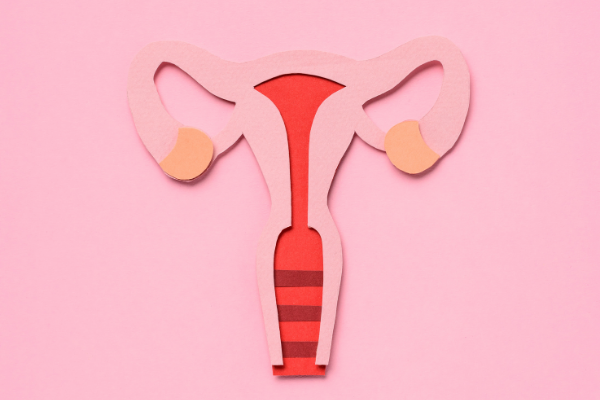
Endometrial ablation can be intimidating. Many women go into the procedure anxiously, despite our best efforts here at Eagle’s Landing OB/GYN to assure them that everything will be okay. Let’s talk about this option for women and what it does. The more you know about endometrial ablation the more comfortable you will be with the procedure.
What Is Endometrial Ablation?
This gynecological service is considered a surgery even though you are not cut. Rather, the doctor inserts a slender tool into your uterus via the vagina and through the cervix to ablate (destroy) uterine lining. Cold or hot liquid, microwave energy, or radiofrequency is used to ablate the tissue.
Why Do Doctors Perform Endometrial Ablation?
Candidates for endometrial ablation are women who suffer from excessive, consistent menstrual bleeding. Their periods are so intense, they become anemic. Periods this heavy are defined by two criteria: you fill up a pad or tampon within two hours and/or your period lasts longer than eight days.
Are There Risks Associated With This Procedure?
Every medical procedure comes with risks, but complications from endometrial ablation are very rare. A handful of patients have experienced long-term pain and bleeding after the procedure. Other risks include infection, damage to the nearby organs, and punctures in the uterine wall.
What Can I Expect From Endometrial Ablation?
Before the procedure, we will check to make you aren’t pregnant, do not have cancer, remove your IUD (if you’re wearing one), thin out your endometrium with prescription medication or a D&C, and determine whether you should be placed under anesthesia during the procedure.
We will explain the procedure with you in detail in person so you know what to expect during the procedure, but after the procedure, you may experience cramps, the need to urinate frequently, and vaginal discharge for a few weeks. This discharge will decrease as the weeks go by.
What Are the Results of this Procedure?
In most cases, it will take a few months to experience complete results, but the goal of endometrial ablation is to reduce your blood loss during menstruation. You should have much lighter periods after endometrial ablation. In fact, some women no longer have periods after this procedure.
If you suffer from heavy periods and would like to discuss your treatment options, including endometrial ablation, call Eagles Landing OB/GYN. Our number is 770-474-1919, and we are located in Stockbridge, GA. Our medical doctors can help you find the best solutions to your menstrual problems. You don’t have to suffer through heavy periods each month. Let us help. Call us today.
